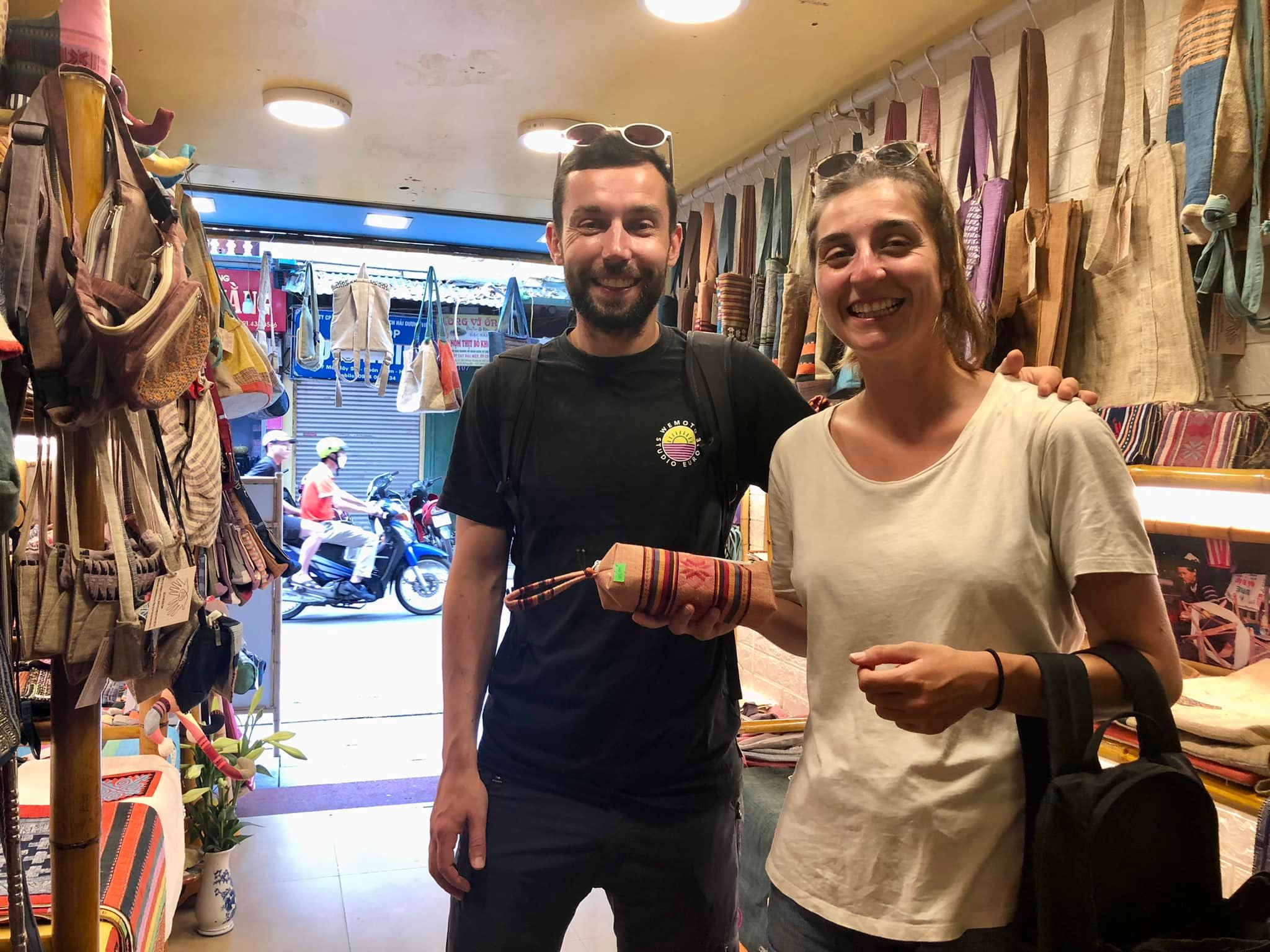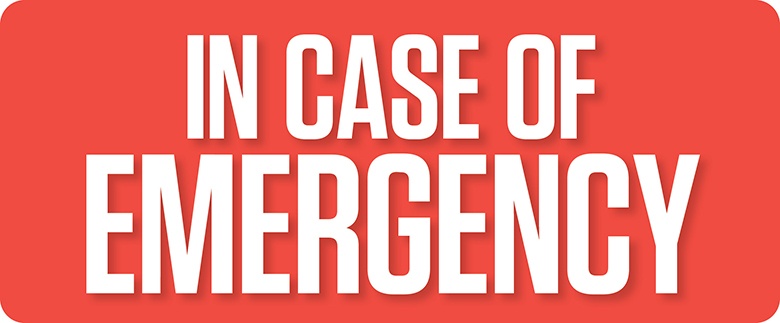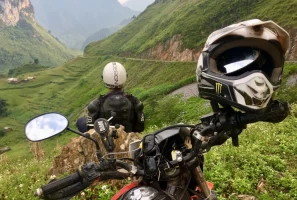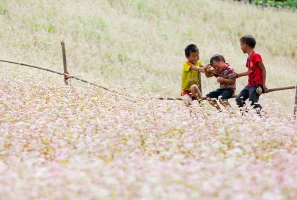Prepare for your journey through Vietnam with 25 basic Vietnamese phrases for tourists. From greetings to dining etiquette, our guide ensures seamless communication and immersive experiences. Let Frontier Travel Vietnam equip you with essential Vietnamese phrases, ensuring your adventure in Vietnam’s memorable.
.png)
The Importance of Learning Basic Vietnamese for Travelers
Mastering 25 basic Vietnamese for travel in Vietnam extends beyond convenience, it enriches your experience with the local culture, fostering connections and goodwill with locals. Learning Vietnamese opens doors to otherwise inaccessible experiences, offering insights into Vietnamese life through meaningful interactions.
Gaining fluency in these common Vietnamese words empowers you to navigate daily tasks independently, from bargaining in markets to handling emergencies. This fluency reflects a deeper engagement with the culture, showcasing genuine interest and respect. It's not just about acquiring language skills, it's about embracing a new way to connect with your surroundings.

Investing time in learning 25 basic Vietnamese words and phrases unlocks a world of possibilities during your travels in Vietnam. Let Frontier Travel Vietnam be your guide toward a richer, more immersive journey through language and culture.
25 Common Vietnamese Phrases Every Traveler Must Grasp
Greetings, Gratitude, and olite Expressions

- "Xin chào" (Hello) - This versatile phrase is the cornerstone of Vietnamese greetings. "Xin chào" is used in both formal and informal situations to greet others warmly. The word "xin" adds a touch of politeness, making the greeting more respectful. It's the perfect way to start conversations and make a positive impression when interacting with locals.
- "Cảm ơn" (Thank you) - Expressing gratitude is an essential part of Vietnamese etiquette, and "Cảm ơn" is the phrase to use. Whether you're thanking someone for their assistance, hospitality, or a service rendered, saying "Cảm ơn" shows appreciation and respect. Locals will appreciate your effort to acknowledge their kindness, strengthening the bonds of friendship during your travels.
- "Xin lỗi" (Excuse me/ Sorry) - It's a crucial phrase in Vietnamese for politely getting attention or apologizing. Whether you're in a crowded street or accidentally bump into someone, saying "Xin lỗi" shows respect and consideration for others, improving your interactions with locals.
Ordering Food and Dining Out

- "Một bàn cho một người" (Table for one, please) - When dining alone in Vietnam, using this phrase is helpful for requesting a table. It's polite and straightforward, indicating to restaurant staff that you're dining solo and need a suitable seating arrangement.
- "Tôi muốn gọi món" (I would like to order) - This phrase is essential for letting the waiter or waitress know that you're ready to order. It's polite and clear, allowing you to express your readiness to select dishes from the menu.
- "Có menu tiếng Anh không?" (Is there an English menu?) - If you're not fluent in Vietnamese, asking for an English menu ensures that you can understand the dishes available and make informed choices. This question is especially useful in tourist areas where English menus may be available to accommodate international visitors.
Asking for Directions and Transportation

- "Xin lỗi, tôi muốn đi đến..." (Excuse me, I want to go to...) - This polite phrase is essential for asking for directions to a specific destination. Insert the name of your desired location after "đi đến" to indicate where you want to go. Beginning with "Xin lỗi", your sentence will show courtesy and respect.
- "Bến xe buýt ở đâu?" (Where is the bus stop?) - When navigating public transportation, it’s really handy to know how to ask where the bus stop is. This phrase helps you find the nearest one. Locals will be glad you’re trying to speak Vietnamese, and they’ll probably give you some useful directions.
- "Có xe taxi không?" (Is there a taxi?) - If you need a taxi, this phrase will come in handy. Use it to ask if there are taxis available nearby. Whether you're in a busy city or a more remote area, knowing how to inquire about taxi services ensures you can get to your destination comfortably and efficiently.
Shopping and Bargaining

- "Bao nhiêu tiền?" (How much does it cost?) - This phrase is indispensable for inquiring about the price of items when shopping in Vietnam. Whether you're browsing at a market or in a store, using "Bao nhiêu tiền?" allows you to gather information about the cost before making a purchase decision.
- "Giảm giá được không?" (Can you lower the price?) - Bargaining is a common practice in Vietnamese markets, and this question is useful for negotiating prices. Use it to politely ask if the seller is willing to reduce the price. Remember to negotiate respectfully and be prepared to compromise for a fair deal.
- "Tôi không muốn mua" (I don't want to buy) - This civil sentence helps you say you don’t want to buy something nicely, keeping the conversation friendly and clear with the seller. It’s a simple way to make sure they understand your choice.
Emergencies and Safety

- "Tôi cần giúp đỡ" (I need help) - In unfamiliar surroundings, knowing how to ask for help is crucial. This phrase promotes effective communication and collaboration, enabling others to lend support and ensure a positive outcome in various situations.
- "Gọi cảnh sát!" (Call the police!) - In emergencies that require police intervention, apply this wording to urgently request assistance. Whether you're a victim of a crime, witnessing unlawful behavior, or experiencing a threatening situation, saying "Gọi cảnh sát!" alerts others to contact the authorities and ensures a swift response to the emergency.
- "Có bác sĩ ở đây không?" (Is there a doctor here?) - When faced with a medical emergency or requiring urgent medical attention, utilize this question to inquire if there is a doctor nearby. Whether you're experiencing illness, injury, or sudden health concerns, knowing how to ask for medical assistance ensures prompt access to professional care and support.
Farewells and Common Courtesies

- "Cảm ơn rất nhiều" (Thank you very much) - Expressing gratitude is important, and adding "rất nhiều" emphasizes your sincere appreciation. Master this phrase to extend heartfelt thanks for significant gestures or favors.
- "Chúc bạn một ngày tốt lành" (Wish you a good day) - This friendly farewell wishes someone a good day ahead. It's a pleasant and kind way to part ways after an interaction.
- "Tạm biệt" (Goodbye) - Know this common farewell phrase when leaving or ending a conversation. It's gracious and suitable for both formal and informal situations.
- "Xin mời" (Please) - Adding "Xin" before "mời" emphasizes kindness when making requests or asking for something. It's a courteous way to express your desire for something.
- "Có phải đây là đường đúng không?" (Is this the correct way?) - When navigating unfamiliar areas, utilize this question to confirm if you're on the right path. It's helpful for seeking directions and ensuring you reach your destination accurately.
- "Có wifi không?" (Is there wifi?) - In today's connected world, wifi access is essential for many travelers. Present this phrase to ask about wifi availability in restaurants, cafes, or accommodations.
- "Tôi không hiểu" (I don't understand) - If you encounter language barriers or misunderstandings, this wording will indicate that you're having difficulty understanding. It's a thoughtful way to seek clarification or further explanation.
- "Cho tôi một cái" (Give me one) - Knowing how to say this phrase is really helpful because it lets you ask for things you need in a clear and direct way. Whether you’re shopping or just asking for something, this simple phrase makes communication easier.
- "Bạn nói tiếng Anh được không?" (Do you speak English?) - When communication in Vietnamese is challenging, raise this question to inquire if the person speaks English. It's helpful for finding someone who can assist you in English.
- "Xin hãy nói chậm lại" (Please speak slower) - If someone is speaking too quickly for you to understand, use this polite request to ask them to slow down. It's helpful for improving communication and ensuring clarity in conversations.
Explore Vietnam with confidence, armed with 25 essential Vietnamese phrases and words. From basic greetings to handling emergencies, they facilitate smooth communication and cultural appreciation. With Frontier Travel Vietnam as your trusted guide, unlock the true essence of Vietnam, forging connections and creating cherished memories that will last a lifetime.









.png)